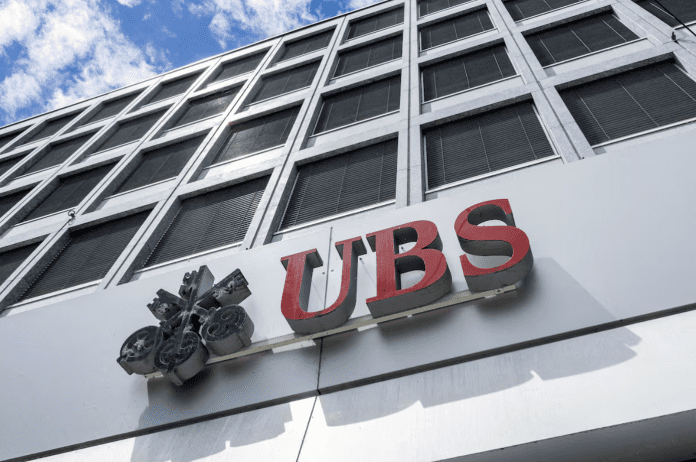Swiss authorities and UBS, according to sources, have begun signaling a willingness to compromise on new capital rules. Such a move could pave the way for parliament to approve more lenient requirements acceptable to both the government and the bank.
Switzerland and UBS privately signal readiness to compromise
UBS sharply criticized Bern’s initiative, announced in June 2025, following the collapse of Credit Suisse. According to calculations, the new rules would require the bank to increase its capital by almost $24 billion. UBS believes this would deprive it of its competitive advantage in the global market and even considered moving its headquarters abroad.
Possible Compromise
According to sources, authorities may agree to reduce the additional burden to $15 billion. UBS is prepared to accept this option. However, no formal agreements have yet been reached. The issue will be discussed at a parliamentary committee meeting in early November, and a final decision will not be made until next year.

Arguments of the Parties
The Ministry of Finance insists that the proposed rules remain in force and reminds that the final decision will rest with parliament, and in the event of a referendum, with the people. UBS continues to argue that the measures are excessive and advocates for changes that are “proportionate and consistent with global standards.”
Discussion over Foreign Assets
The main part of the additional requirements is related to the authorities’ desire to increase the capitalization ratio of UBS’s foreign divisions from 60% to 100%. Some politicians believe a compromise at 80% could be found. In this case, the burden would be reduced to approximately $15 billion.
Another solution could be for the bank to use part of its AT1 debt (currently approximately $19 billion) to cover liabilities instead of Tier 1 capital. According to the Swiss Bankers Association, such a move would ensure a balance between sustainability and competitiveness.
Shareholder Pressure
Investors are demanding an agreement from UBS, fearing a decline in profitability. Despite rising share prices in recent months, the bank’s shares remain underperforming compared to its peers. One of its largest shareholders, Cevian, stated that even relaxed regulations would make UBS less competitive and called for consideration of moving some operations offshore.
OpenAI Introduces ChatGPT Go in India at ₹399 per Month
OpenAI has rolled out a new subscription plan for ChatGPT in India under the name ChatGPT Go, designed to give more people affordable access to its AI assistant.
The service is priced at ₹399 per month (about $4.60), making it far cheaper than the existing ChatGPT Plus option, which costs ₹1,999 ($23). The Plus plan has long been priced above the standard $20 in India due to currency conversion, leaving many users without a budget-friendly option.

